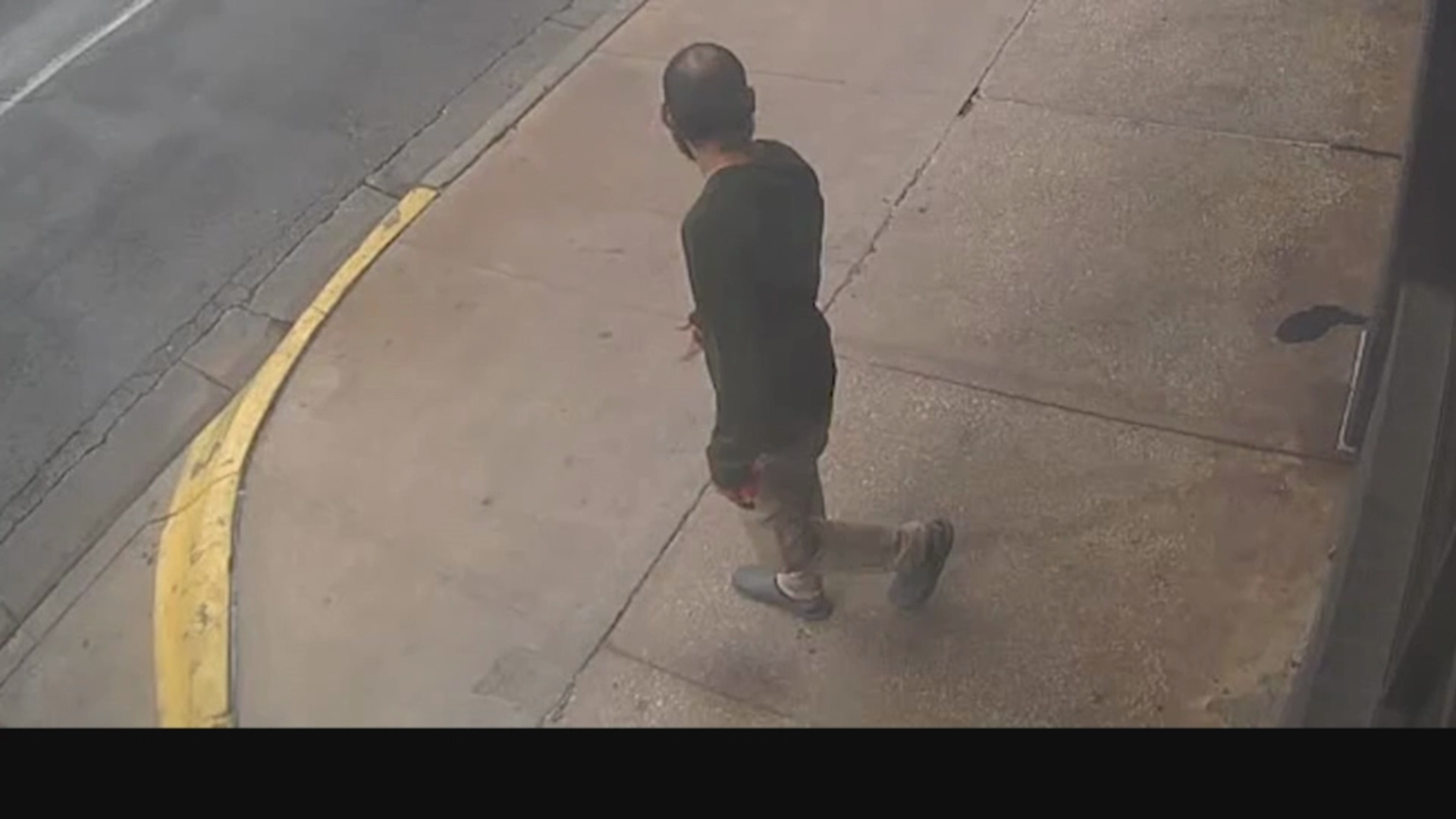Meredith Ford O'Neal shows a prominent vertical scar on her chest proudly.
"There are so many people here that led me to having this scar," O'Neal said. "I have this gorgeous scar that I wear as a badge of honor."
In 2018, O'Neal was 37 1/2 weeks pregnant when she went to the hospital with pain in her chest.
"It felt like extreme searing pain in my chest that then radiated to my back and then my leg went numb, and it was the worst pain that I'd felt in my entire life," O'Neal said. "That's when I knew something was wrong."
Get top local stories in DFW delivered to you every morning. >Sign up for NBC DFW's News Headlines newsletter.
It was an aortic dissection, a serious condition that tears a layer of the heart's main artery. O'Neal gave birth by C-section that day, right before going into emergency open chest surgery.
"And they made me say goodbye to my husband. They weren't sure we were going to make it through," O'Neal said. "It felt like the Big Bad Wolf had come for me. I was so scared."
Long before her surgery, her family history had left clues about O'Neal's health.
Local
The latest news from around North Texas.
"I'm actually the fifth aortic dissection in four generations for my family," O'Neal said.
Her great-grandfather, great-aunt, grandfather and mother all had aortic dissections. Her mother survived.
"I think genetics play a large role in a lot of these situations," said William Brinkman, MD, Thoracic Surgeon at Baylor Scott & White The Heart Hospital-Plano. "We're trying to figure out who are the people at risk and what are the conditions of the aorta that makes you think, oh they're at risk. Now we need to intervene."
Brinkman was among the featured speakers at the Dallas Aorta conference at Baylor Scott & White The Heart Hospital. He was joined by actress Amy Yasbeck, widow of actor John Ritter, who died of an aortic dissection. Yasbeck founded the John Ritter Foundation for Aortic Health. O'Neal is now CEO of the organization.
"We won't be able to prevent 100% of aortic dissections, but we are working toward it through research," O'Neal said. "No one should ever have to go through that, and that's why I do what I do."




